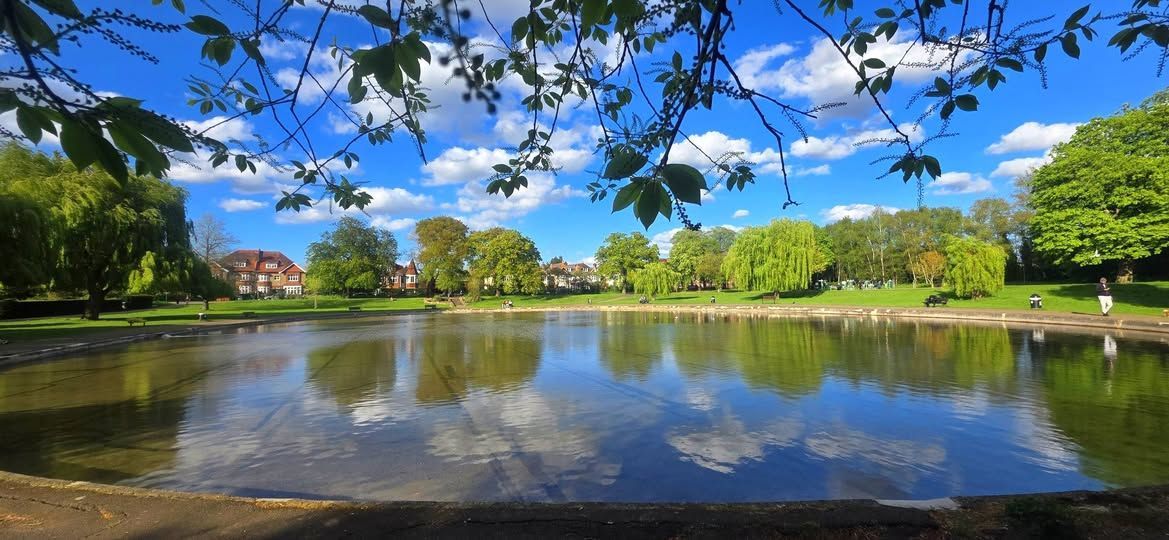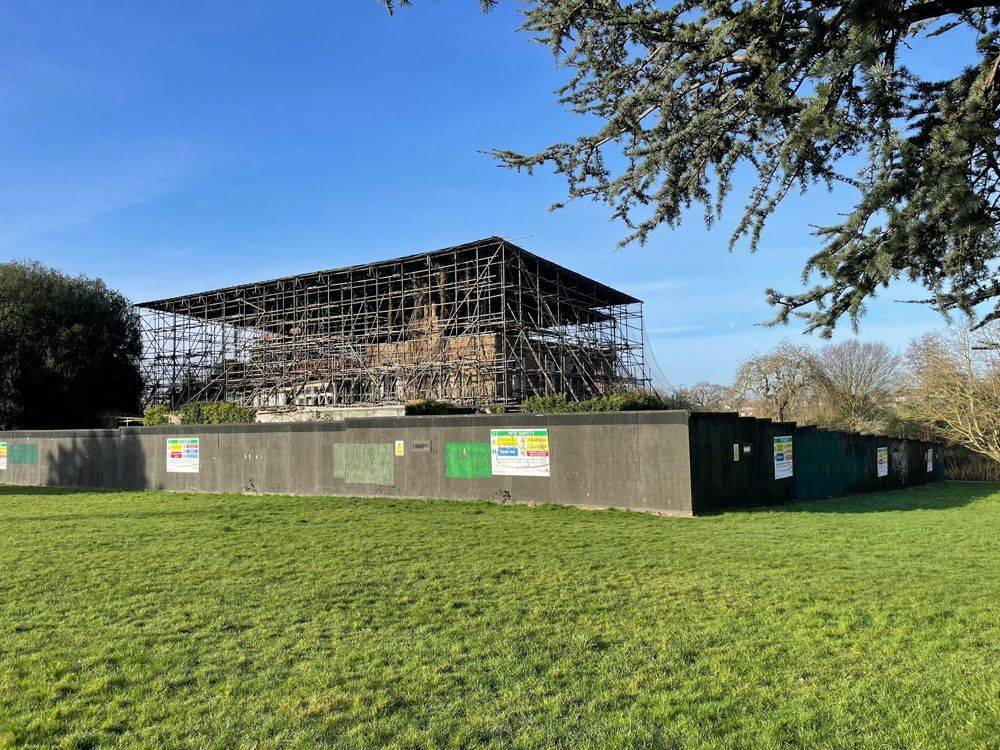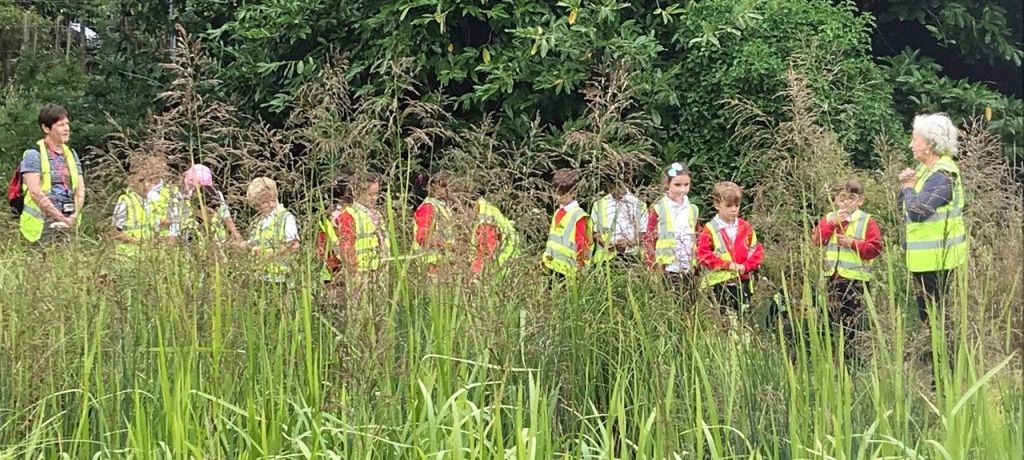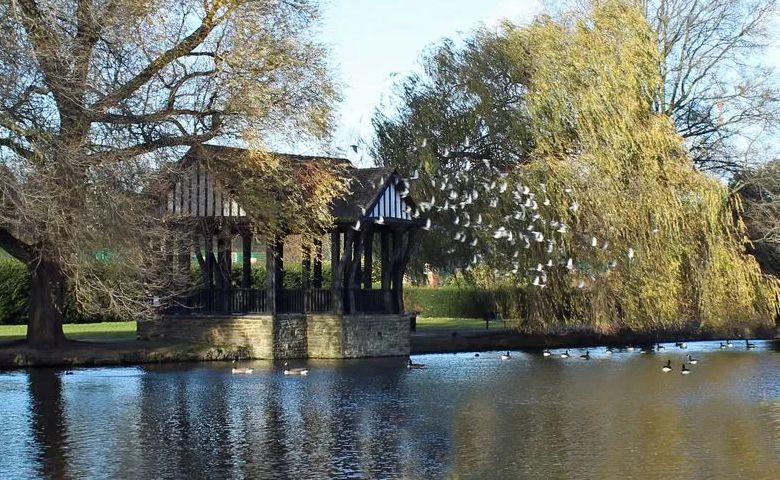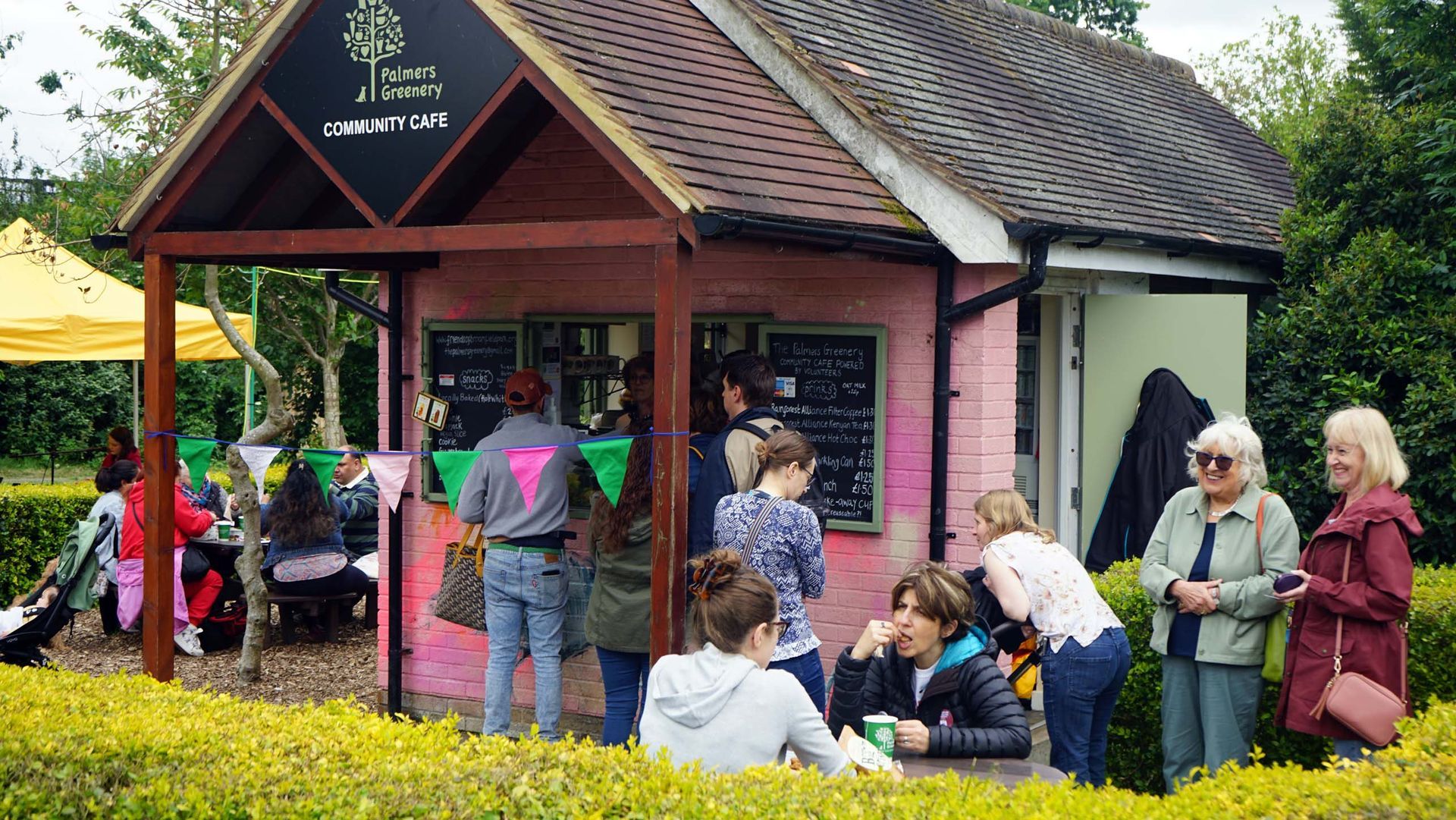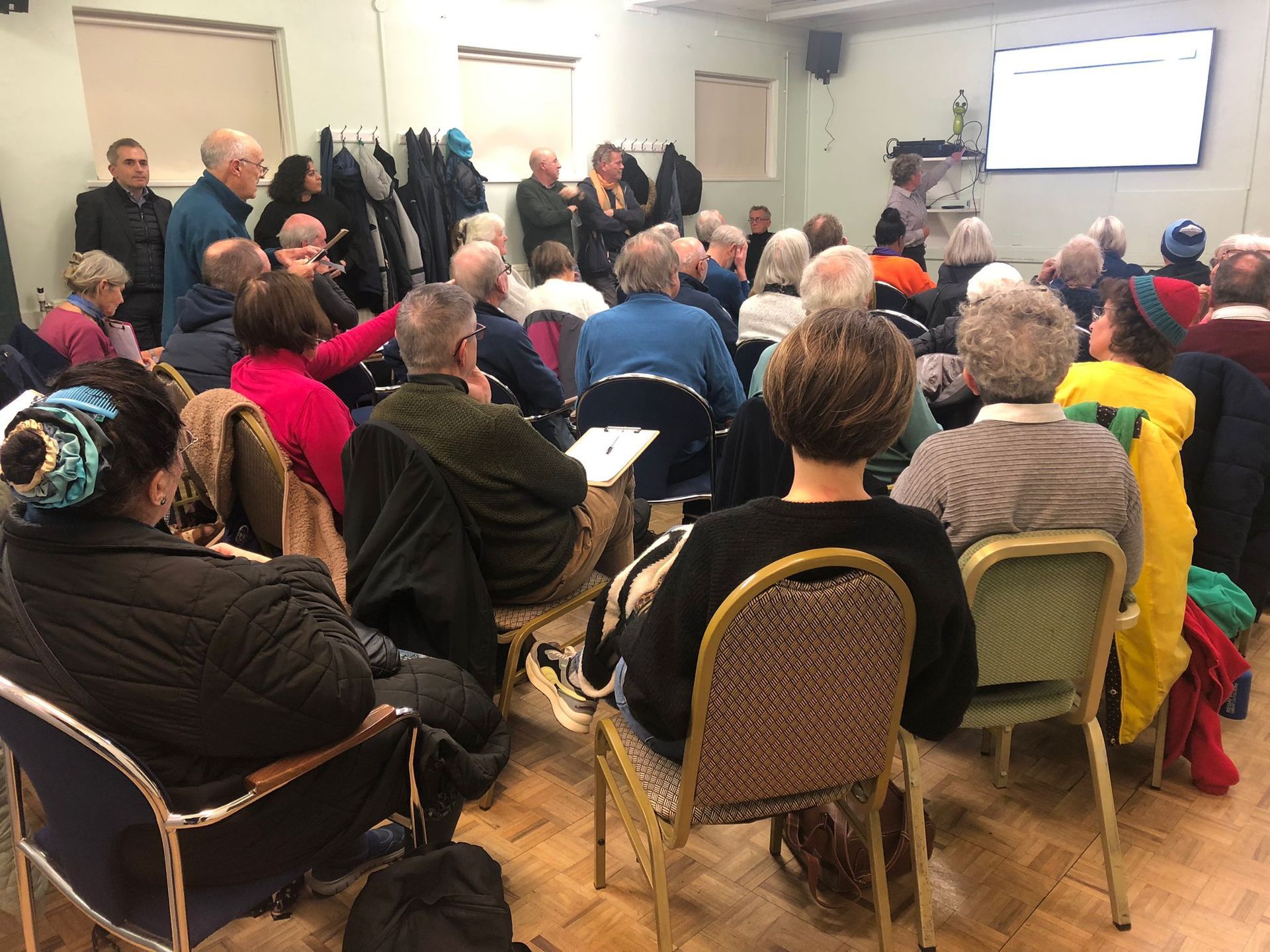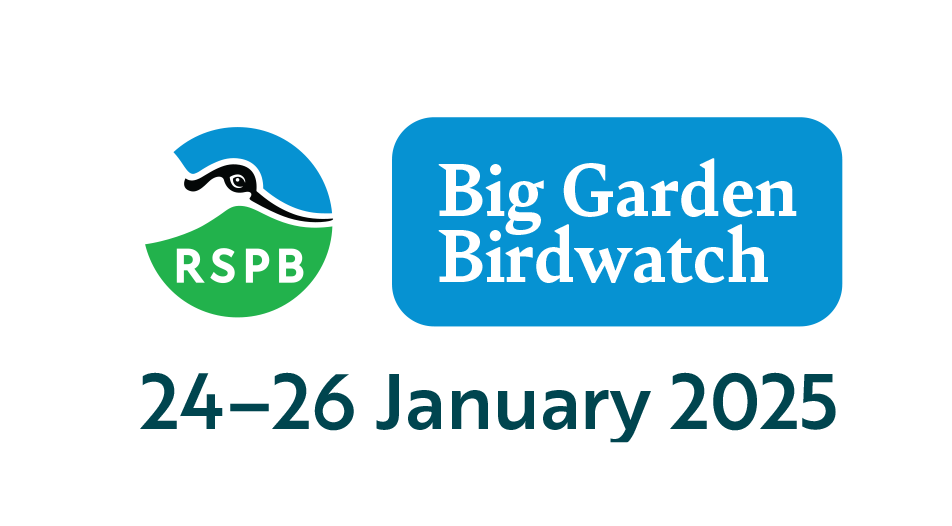Duckweed good or bad?
Lots of people have mentioned duckweed on the lakes.....here we try and explain what is happening....
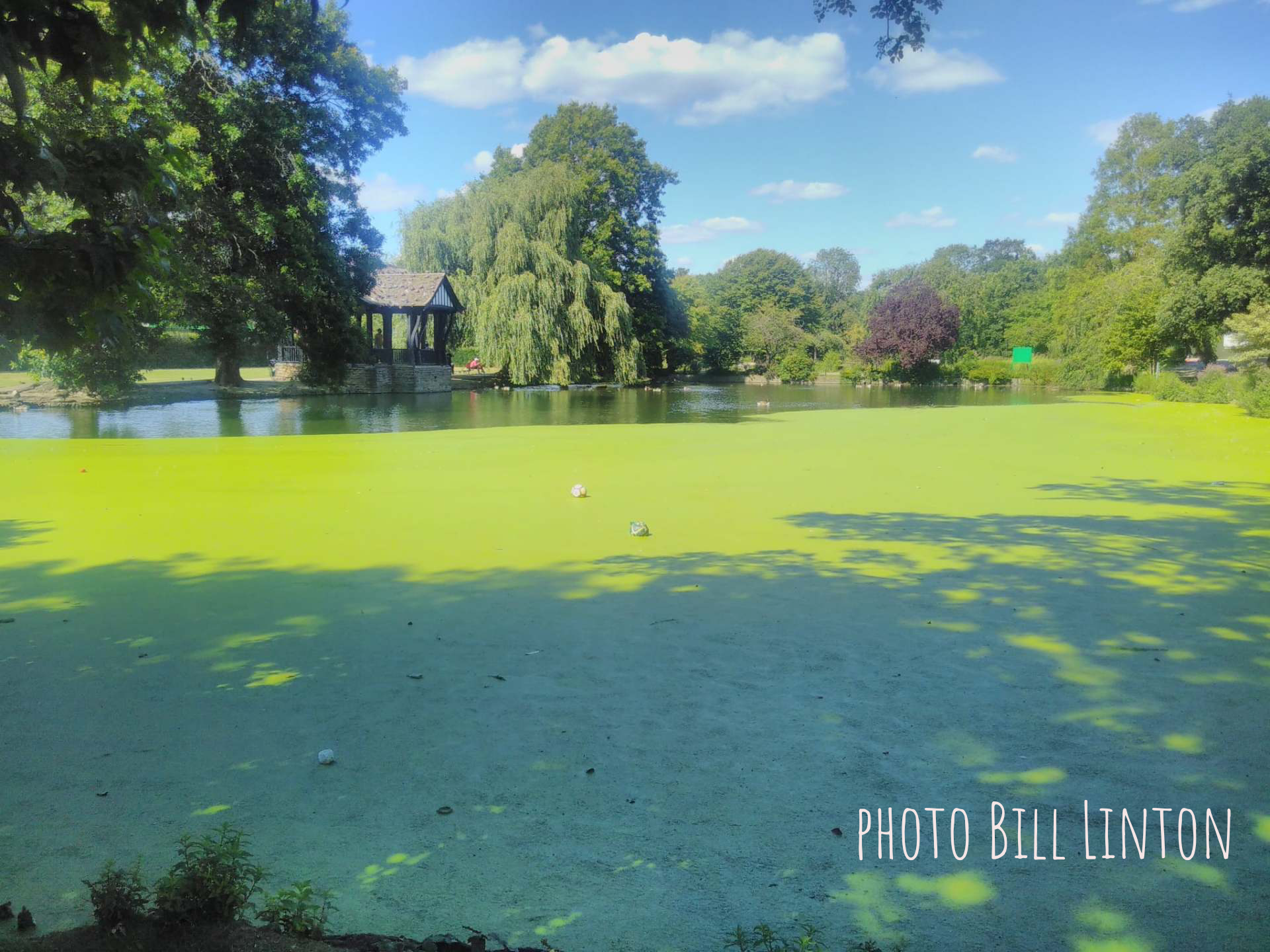
Duckweed is a familiar sight of freshwater ponds, flooded gravel pits and old canals. Broomfield Park is no exception.
As its name suggests, it does provide food for ducks, but it can also provide shelter for spawning Common Frogs and Common Toads. Duckweed is a healthy nutrient for wildfowl and other aquatic wildlife and may contribute to removing pollutants from the water and reduce algal growth.
In normal conditions, duckweed is just another part of the annual cycle of a pond or lake. However, in Broomfield Park we have recently seen vast, green mats of common duckweed that sometimes cover the surface of the lakes. This tiny, single plant groups together to form 'lawns'. Potentially duckweed is not as bad as algae as not as “enveloping” but still blocks out the light and uses available oxygen for all pond life.
The increased water flows after recent changes could have brought an excess of nutrients such as phosphates and nitrates in rainwater systems from local homes and other buildings. The reed beds were recently introduced to try and reduce these pollutants and we should try to develop these further.
For this year (2020) the duckweed cannot be easily removed. It will die off as weather conditions change.
In future years we will be working with the Council and Thames water to:
• Reduce pollution from our rainwater systems at source
• Increase the planting of reed beds to lower pollution
• Introduce more barley bales which help reduce algae and duckweed
• ...........etc
davidartwilliamson • August 5, 2020



